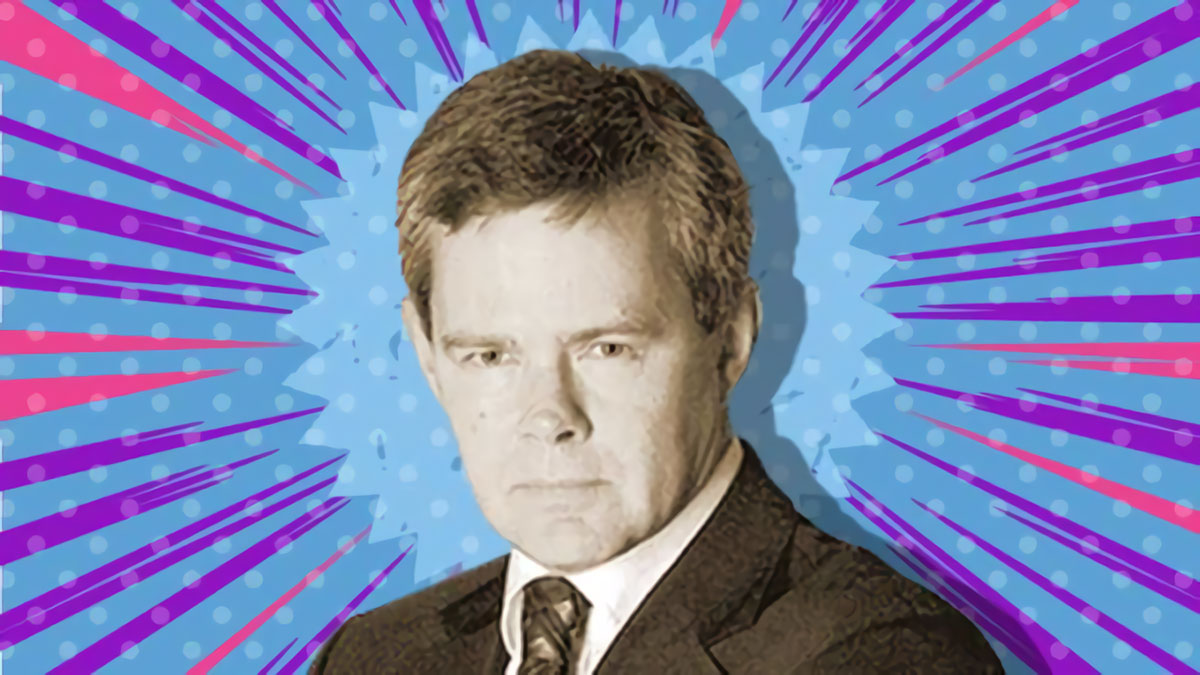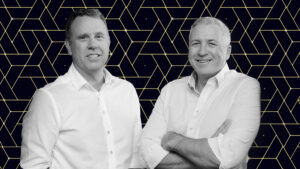Barry FitzGerald: Can Scotland shake things up with Jordan’s copper riches?

‘Garimpeiro’ columnist Barry FitzGerald has covered the resources industry for +35 years.
It is coming up to two years since Garimpeiro mentioned that Inés Scotland was planning a Middle East adventure for her small market cap Metal Bank (ASX:MBK) and that on the basis of her past success in Saudi Arabia, it was one to put on the watchlist.
The focus this time is on the historic copper riches in neighbouring Jordan which once upon a time was the major source of the red metal for the Roman Empire. But in the modern era precious little copper exploration has taken place.
Scotland is out to change that after securing exclusive rights to explore for copper in the historical copper areas from Jordan’s Ministry for Energy and Mineral Resources. It is coup for the ASX-listed junior as prime copper exploration ground is increasingly tough to come by.
That is doubly so for a company with a market cap of less than $8 million (3.2c a share). MBK also owns 75% of the advanced Livingstone gold project in WA and 51% (with rights to go to 80%) of the Millennium cobalt-copper-gold project in Queensland.
It can be argued that those interests alone cover its current market cap, so the Jordan adventure comes for free.
Apart from once winning second prize in a baby contest that helped her family move out of a migrant hostel, Scotland is best known as the former Rio Tinto operative who listed the now gone Citadel Resources on the ASX in 2007.
It came to the market with a trail-blazing interest in the Jabal Sayid copper project in Saudi Arabia, again at a time when Western miners didn’t think it was possible, particularly for a company led by a woman.
Citadel had some really nice copper hits before it came to market so there was no surprise that it came out of the gates sporting a $300 million cap. It went on to define a project-making 55Mt grading an impressive 2.5% copper, with gold values.
That attracted the attention of the ASX-listed Equinox Minerals which took control of Citadel in 2011 through a friendly $1.3 billion bid, with Equinox itself later taken over by Canadian gold/copper heavyweight Barrick.
So there was more than $1 billion of value creation during Citadel’s less than four-year life as an ASX company. Followers of MBK will be hoping that Scotland can put in a repeat performance in Jordan.
Garimpeiro caught up with Scotland and her rowdy dogs in Sydney this week ahead of her travelling to Jordan at the end of the month to get things moving on the ground.
She said that Jordan had been of interest since her time in Saudi thanks to the availability of data collected by French and US geological agencies in the 1960s and the 1970s respectively. It means MBK’s Jordan copper hunt can be classified as advanced rather than greenfields stuff.
So what was it that enabled Scotland to secure exclusive rights to prime exploration ground in a country most thought was too hard a nut to crack? Turns out Jordan is no different to any other country, it’s all about who you know.
“When we were in Saudi I said to Sheik Khaled Al Qahtani, our joint venture partner at the time in Jabal Sayid (and MBK’s biggest shareholder), that I really liked Jordan. But we didn’t have any ‘ins’ into Jordan. We didn’t know anybody there, and we were busy in Saudi anyway.’’
“A few years ago he got the PepsiCo bottling licence for Jordan, which includes all of the water product as well – and bottled water is the only thing they drink there.’’
“He is now the second largest employer in Jordan. So we discussed how we could leverage his position in the country to create an opportunity for us,’’ Scotland said.
She said MBK would now look to form a joint venture with the government which could bring in to play known copper deposits with some scale about them, possibly through the issue of MBK equity.
An interesting story would become all the more interesting if that were to occur, with MBK likely to become a target for private equity groups or corporates attracted by the scale of the opportunity, and MBK’s small market cap.
For Scotland, there is more than speculative upside to be had.
“Half of the Jordan is funded by the United Nation’s Human Rights Council because of the number of refugees in the country. They need to diversify the economy and create meaningful employment opportunities for their youth (40% unemployed) and the refugees.’’
“Mining is a fantastic way to do that,’’ Scotland said.
The views, information, or opinions expressed in the interviews in this article are solely those of the interviewees and do not represent the views of Stockhead. Stockhead does not provide, endorse or otherwise assume responsibility for any financial product advice contained in this article.
Related Topics

UNLOCK INSIGHTS
Discover the untold stories of emerging ASX stocks.
Daily news and expert analysis, it's free to subscribe.
By proceeding, you confirm you understand that we handle personal information in accordance with our Privacy Policy.








